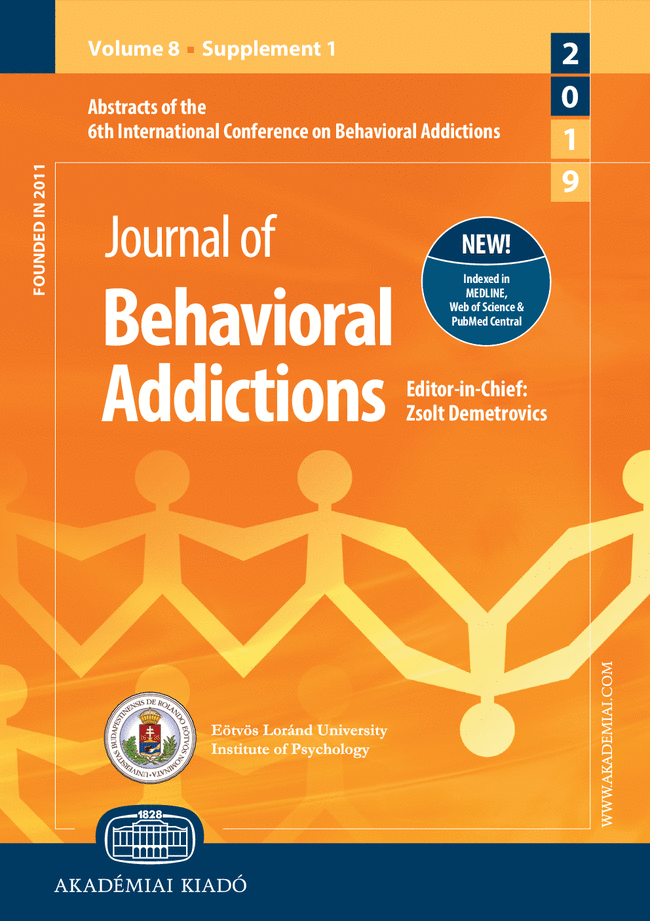How learning misconceptions can improve outcomes and youth engagement with gambling education programs
How learning misconceptions can improve outcomes and youth engagement with gambling education programs
Author(s): Brittany Keen, Alexander BlaszczynskiSubject(s): Behaviorism
Published by: Akadémiai Kiadó
Keywords: gambling; education; prevention; misconceptions; cognitive distortions; adolescents
Summary/Abstract: Background and aims. Gambling education programs typically focus on promoting gambling as a high-risk activity with harmful effects; however, these programs demonstrate limited effects on the prevention of gambling problems. This paper proposes a clear theoretical framework to inform the content and delivery of gambling education initiatives and draws on psychological and pedagogical research to address some of the practical issues associated with its implementation. Methods. Literature was reviewed across fields of psychology, public health, and pedagogy to provide key recommendations to improve the outcomes of gambling education. Results. Four key recommendations were made for the development of future gambling education programs centering on theoretical approach, specialized content, and delivery. Discussion and conclusions. Recommended advancements are as follows: (a) evidence suggests shifting away from messages about gambling harms and instead applying a cognitive-developmental framework of problem gambling that may improve youth engagement by increasing personal relevance. (b) The cognitive model of problem gambling suggests that misconceptions about the profitability of gambling games (e.g., the gambler’s fallacy) play an important role in the development of problems and should be a key target for education. However, exposing such misconceptions requires the challenge of teaching the mathematical principles that underpin them. (c) The pedagogical field provides valuable insights into teaching complex concepts. Research that applies the conceptual change model to science education suggests misconceptions also facilitate learning new complex information, such as gambling-related mathematical concepts (i.e., randomness and statistics). (d) In addition, improvements in computer-assisted teaching methods provide opportunities to use simulations and visualizations to help teach abstract concepts and correct such misconceptions.
Journal: Journal of Behavioral Addictions
- Issue Year: 8/2019
- Issue No: 3
- Page Range: 372-383
- Page Count: 12
- Language: English

